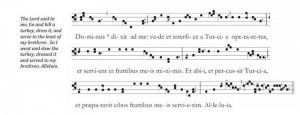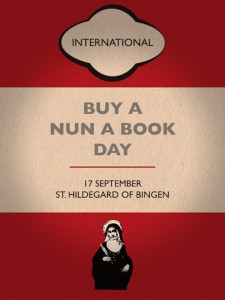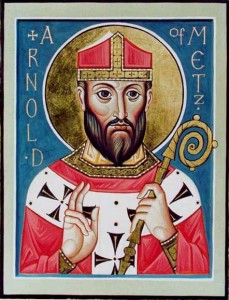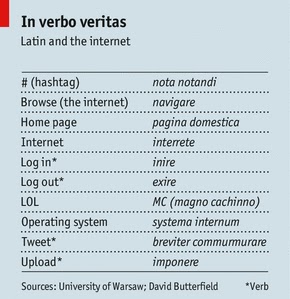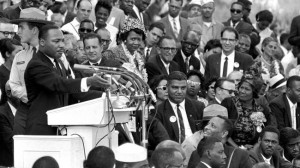 The 17 minute “call to arms” speech delivered by Doctor Martin Luther King, Jr, on this date in 1963, at the Lincoln Memorial, Washington, DC, is recalled today. Few of the key people from 1963 are still around but many of the listeners are plentiful.
The 17 minute “call to arms” speech delivered by Doctor Martin Luther King, Jr, on this date in 1963, at the Lincoln Memorial, Washington, DC, is recalled today. Few of the key people from 1963 are still around but many of the listeners are plentiful.
Benedictine monk, scholar and hymn writer Father Harry Hagan, wrote this hymn “We Have a Dream,” a meditation on and a prayer for our aspirations for peace.
Speeches are meant to move its hearers to action. In what ways am I working for peace today?
We have a dream that we shall see
all races rise as one
a dream of vast equality:
the day God’s will is done.
Lord grant that this may be the day.
Lift us so we may rise
and lift each other by your Word
filled with divine surprise.
We have a dream that we shall touch
each person’s self and soul;
with cords of mercy bind them up
till they, as you, are whole.
Lord, grant that this may be the day
when wounds begin to heal,
when enemies are reconciled
and share a common meal.
We have a dream that we shall know
the coming of the Lord;
when in the twinkling of an eye
earth’s goodness is restored.
Lord, grant that this may be the day
when you shall draw so near
and in your presence we are filled
with love that casts out fear.
We have a dream that we shall feel
your justice and your sway
when we shall follow you alone
though we be framed of clay.
Lord, grant that this may be the day
when justice sets us free
and we by being true to Christ
shall claim our dignity.
We have a dream that we shall live
in harmony and peace
when lamb and wolf together lie
as heirs of your increase.
Lord, grant that this may be the day
when walls are broken down;
and we as sisters, brothers, all
shall one in Christ be found.
We have a dream that we shall reach
Jerusalem the New
where every tear is wiped away,
where all is held by you.
Lord, grant that this may be the day
when life begins to reign
and gathers all into the life
that you yourself sustain.
Hymn written for the Fiftieth Anniversary of Martin Luther King’s Speech: “I Have a Dream”, written at the request of Westwood Hills Congregational Church, UCC.
Father Harry Hagan, OSB
Archabbey of Saint Meinrad
28 August 2013
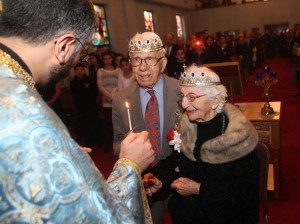 John and Ann Betar eloped on November 25, 1932. Monday marks their 81st anniversary.
John and Ann Betar eloped on November 25, 1932. Monday marks their 81st anniversary.